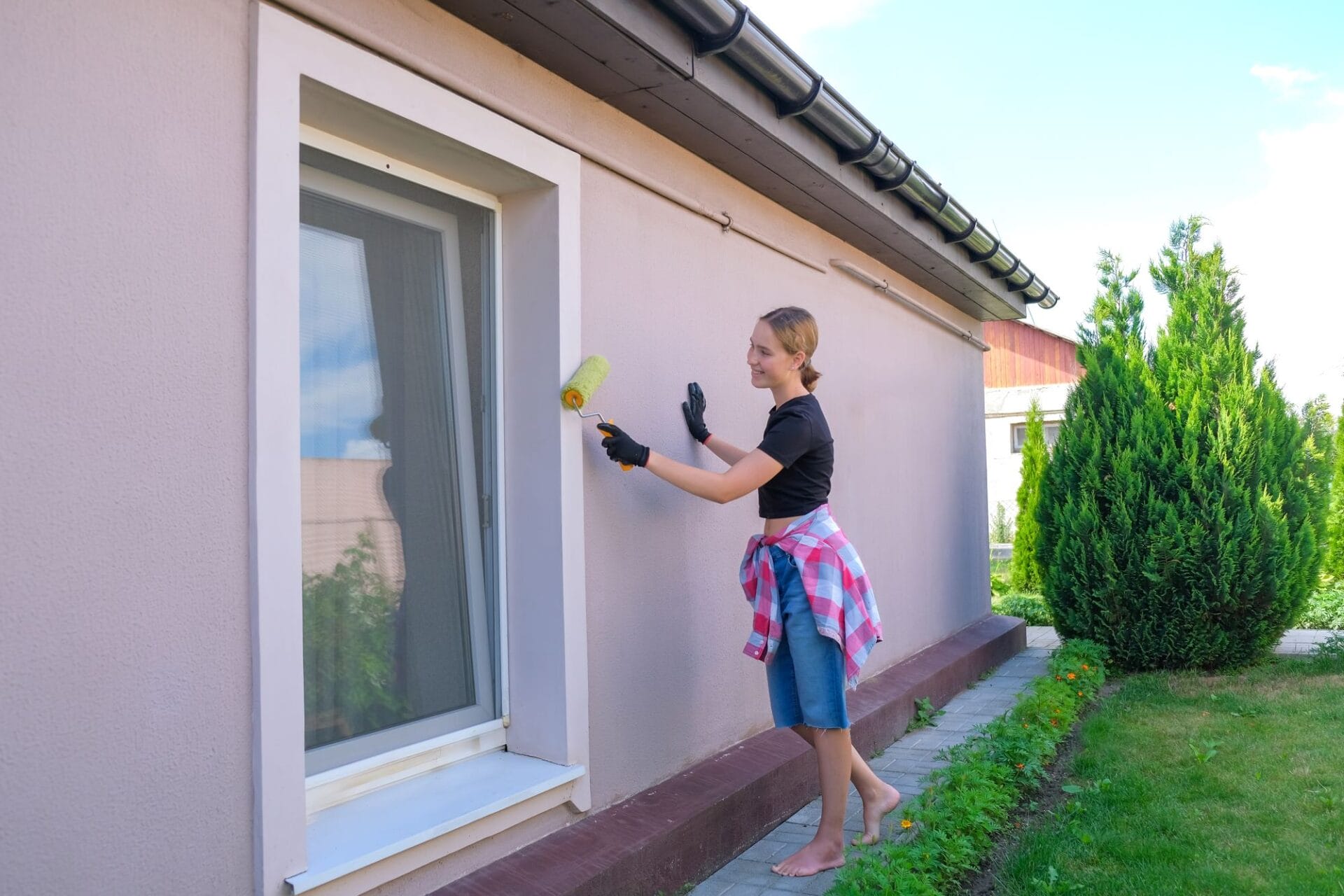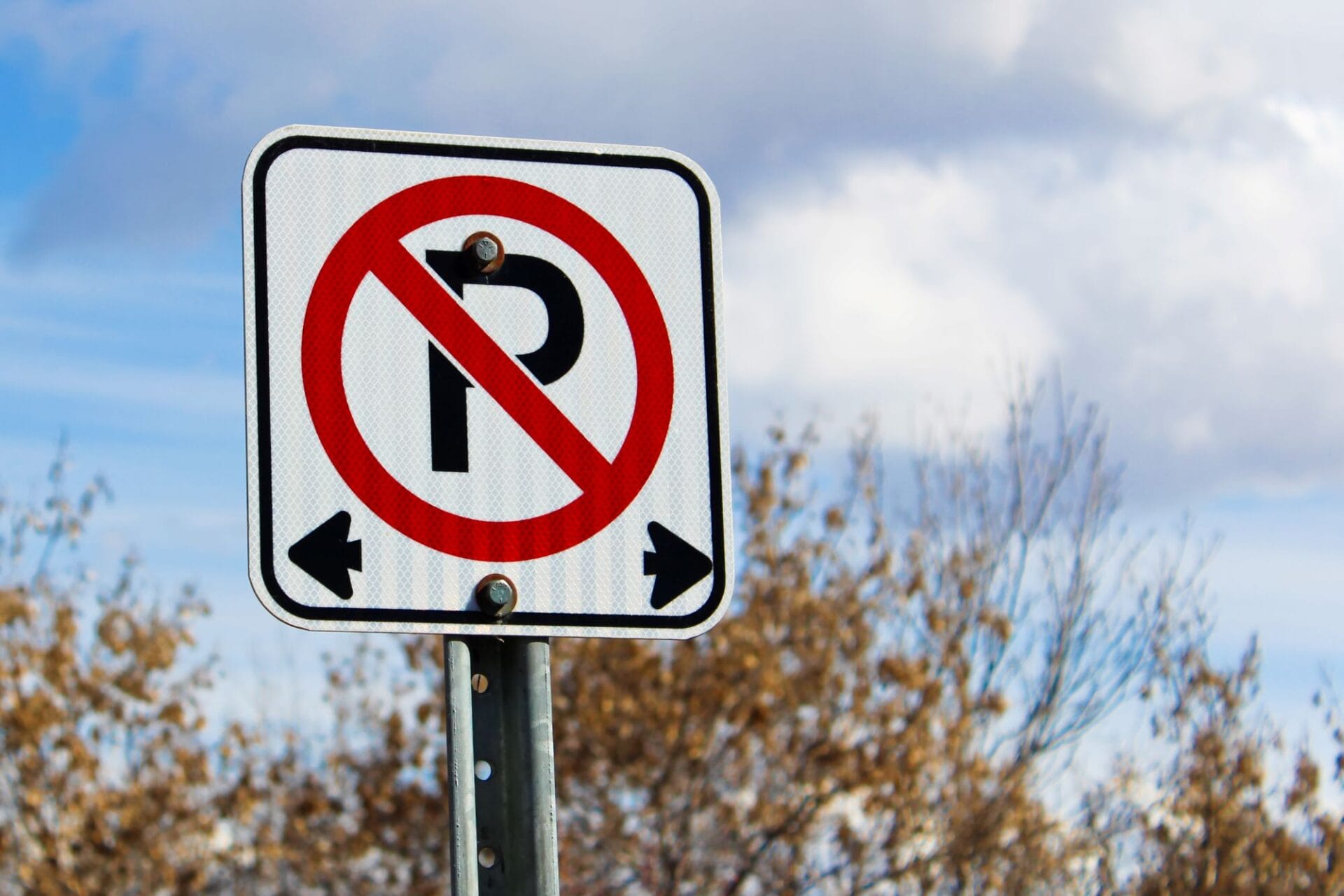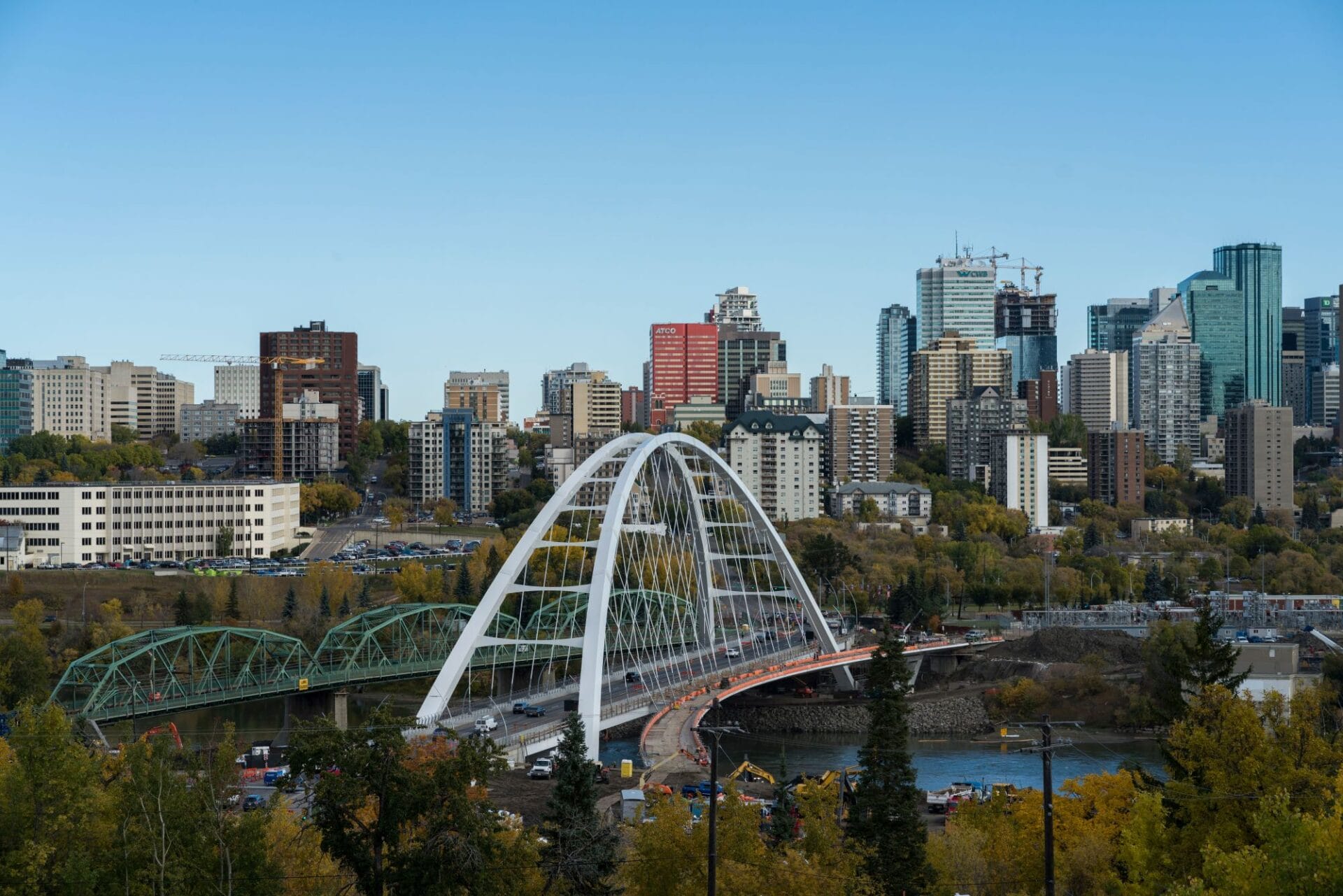Financially secure homeowner associations (HOAs) don’t just happen. When HOAs are financially secure it’s because HOA board members apply sound financial judgement to reserve fund management using the tools and information available to them.
It’s easy for reserve funds to dip down when rising costs for materials, maintenance, and even legal costs are an ever-imposing reality for homeowners and HOAs. In fact, 71% of HOA board members and community managers intend to increase their fees in 2024.
So, a healthy reserve fund can act as a guardian and safety net contributing to a thriving community and its long-term success.
Table of contents
- Documents That Guide HOA Financial Decision-Making
- Areas of Focus When Managing HOA Reserve Funds
- 7 Tips for Effective Reserve Fund Management
- Smart HOA Reserve Fund Management Increases HOA Reserve Funds
Let’s look at what’s involved when you manage HOA reserve funds for success and longevity.
What is HOA Reserve Fund Management?
HOA reserve fund management is a process requiring the HOA board to manage homeowners’ fees for the benefit of the community.
These reserve funds are like the community’s saving account. Money is set aside for things like future repairs, replacement of shared amenities and major projects.
For example, an HOA might use the reserve fund to replace shared laneways that have become worn out with potholes or are no longer safe. If the HOA board plans well and foresees the repair, they can put aside money in the reserve fund to make the repair, instead of collecting additional funds from residents.
When the repair is announced early, and no additional fees are collected from residents, it encourages trust between homeowners and the HOA because homeowners won’t feel like they are being taken advantage of financially and that their HOA board is managing the reserve fund well.
This example suggests there is a right and a wrong way to manage funds. HOAs can’t make these kinds of decisions willy-nilly either. They should be closely following regulations that will help guide HOA fund management decisions.
Documents That Guide HOA Financial Decision-Making
HOAs, governing planned communities and condos, shape much of our new residential landscapes. Amid evolving laws, many homeowners and HOA members need clarity around how reserve funds should be managed, and so HOA governing documents are everyone’s go-to tools. These primary documents include:
- Bylaws
- Articles of Incorporation
- Declaration of Covenants, Conditions, and Restrictions (often called the Declaration or CC&Rs).
These governing documents cover HOA reserve fund management in various ways and can also be influenced by laws of the state and community needs.
These HOA documents they cover topics such as:
- Establishing a reserve fund
- Collecting funds
- Investments
- Spending
- Preparing reserve budgets
- Communicating status of a reserve to homeowners
These governing documents are also applied in specific areas that need to be examined when managing HOA fund reserves.

Areas of Focus When Managing HOA Reserve Funds
Focusing on the following areas will simplify your path to success and help ensure effective governance by HOA boards and a thriving community.
Fiduciary Duty
As an HOA board member, you’re a fiduciary with a duty to act in the association’s best interest. Dive into understanding the financial health of your HOA by reviewing budgets, past financial records, and the latest reserve study.
State Laws
States play by different rules when it comes to HOAs. Familiarize yourself with the legal landscape impacting your community. Knowing the legal allowances and restrictions specific to your state is crucial for effective HOA management.
Guidelines
Your community follows the rules set by its CC&Rs (Covenants, Conditions, and Restrictions). These governing documents, coupled with state-specific laws, shape the HOA’s governance. Get well-acquainted with these guidelines to steer the community effectively.
Insurance
HOA insurance and directors’ liability insurance are not one and the same. Quickly grasp the types of lawsuits that could knock on your HOA’s door and ensure you have the right coverage.
Meetings
Develop best practices for efficient and productive HOA meetings. This may involve crafting strategic meeting procedures and templates.
Managerial Know-How
Who’s steering the ship? Familiarize yourself with your property manager or HOA management company. Understand the services they offer and build a working relationship to optimize your resources effectively.
Role Clarity
Define roles and expectations for each board member. Outline powers, duties, and the roles of board officers. Conduct an exercise with the entire board to enhance understanding and foster stronger working relationships. Embrace the diversity of perspectives within your board for more effective collaboration.
Now that you have an idea what areas to focus your energy in when managing reserve funds, you’ll benefit to some helpful tips to make it all happen.
7 Tips for Effective Reserve Fund Management
As the managers of HOA funds your actions are key to ensuring long-term financial health. Let’s explore seven impactful tips to save you time and make reserve fund management easier.
1. Secure Investments for a Strong Community
As a board member, your top priority is safeguarding your association’s assets. This involves opting for secure investment choices like FDIC-insured money market accounts and CDs. Steering clear of riskier options such as mutual funds or bonds is crucial. Why? Because even unintentional missteps in investments can have consequences. For instance, a poorly performing investment might leave you short of funds for planned projects.
Moreover, choosing risky ventures could open the door to legal troubles, with residents potentially suing for a breach of fiduciary duty. By sticking to FDIC-insured options, you not only protect your community’s funds but also ensure a resilient financial future.
2. Smart Budgeting
As part of your yearly budget check, it’s wise to give your insurance policies a thorough evaluation. While ensuring ample coverage is essential, it’s equally crucial to identify areas where costs can be trimmed. Assess whether certain policies, such as coverage for specific natural disasters, are truly necessary for your HOA based on your regional risks. Take a close look at your insurance statements, comparing them to previous years to spot any rate hikes. Exploring options from different insurance providers may uncover comparable policies at more budget-friendly rates. The key is finding the right balance — ensuring comprehensive coverage while optimizing costs for your community’s needs.

3. Learn From The Experts
Collaborating with financial services companies is beneficial. HOAs can borrow and gain from expert advice, especially if their methods are tried and proven.
4. Ensure Accuracy
In managing an HOA, precision is crucial. Double-checking financial reports is a straightforward yet essential practice. It involves avoiding vague categories and, fund mingling and enlisting multiple sets of eyes to catch errors. Regular reviews and comparisons with previous year’s reports identify and fix discrepancies. Creating separate funds for operations, deferred maintenance, and reserves ensures clarity, paving the way for your HOA’s financial stability in the long run.
5. Maximize Reserve Fund Returns
Maintaining a robust reserve balance is vital for handling essential projects, but there’s more to consider. Keep an eye on your reserve fund’s interest earnings. Periodically review the interest rates, and reach out to your banking partner to explore newer, potentially higher-interest reserve programs. Rates may vary, so understanding the terms and conditions is key, presenting an opportunity for your community to optimize its cash savings.
6. Separate and Grow
To avoid unnecessary spending from your HOA’s checking account, consider a strategic move. Instead of leaving excess cash in the business checking account, transfer your monthly reserves to a separate, interest-bearing bank account. This not only safeguards your reserves but also allows the interest to contribute to the growth of your community’s financial cushion.
7. Fine-Tune Your Reserve Fund
Optimizing your reserve fund is a key element in securing a robust financial future for your community. Regularly assess the maintenance and improvement needs of your properties, adjusting the reserve fund accordingly. Explore diverse account options and interest rates to maximize returns while minimizing risks. Consider diversifying across different accounts or investments for added security and enhanced earnings. Seeking guidance from a financial planner or property manager can provide valuable insights, aiding in the effective planning and management of your reserve fund.
Smart HOA Reserve Fund Management Increases HOA Reserve Funds
Your HOA reserve fund isn’t just about dollars and cents; it’s the lifeblood of HOA communities. Through smart strategies, keeping a pulse on our community’s needs, and a willingness to seek advice, HOA boards can build a strong financial foundation for everyone and even increase reserve funds by using effective tips such as:
- Safeguarding funds
- Regularly reviewing budgets
- Seeking expert financial advice
- Diligently seek accuracy in the financials
- Let HOA funds earn interest
- Save funds whenever possible (without compromising the community)
- Fulfill the goal of always improving reserve fund management
HOA reserve fund management done well is your direct path to a thriving neighborhood.





















